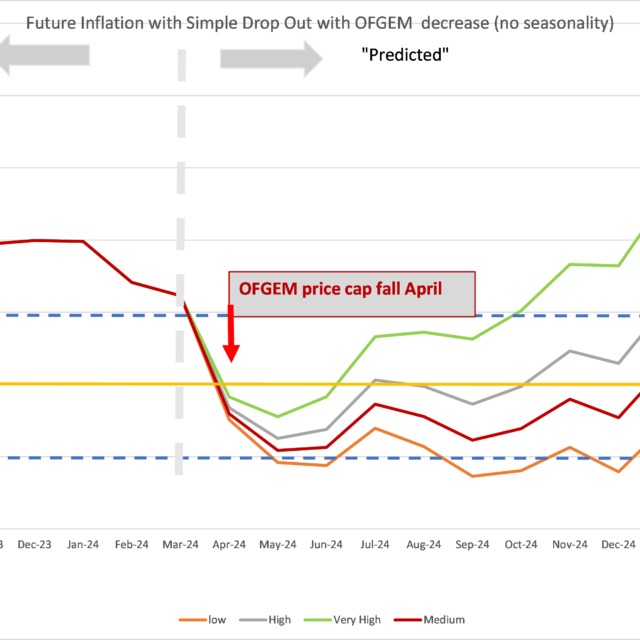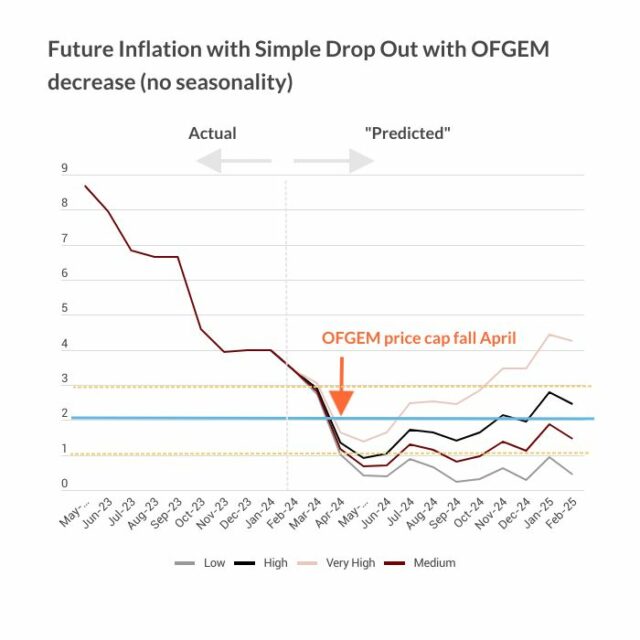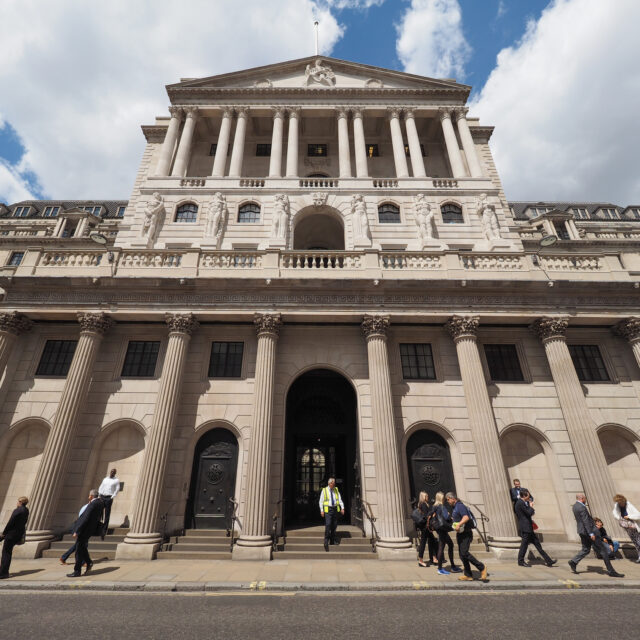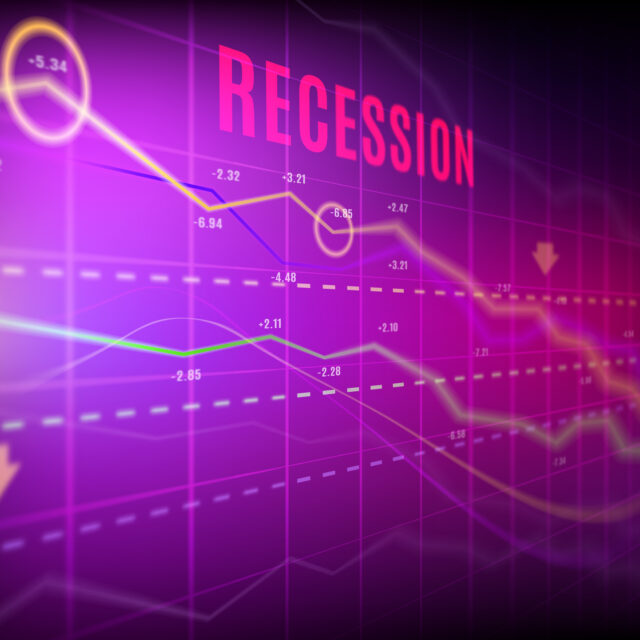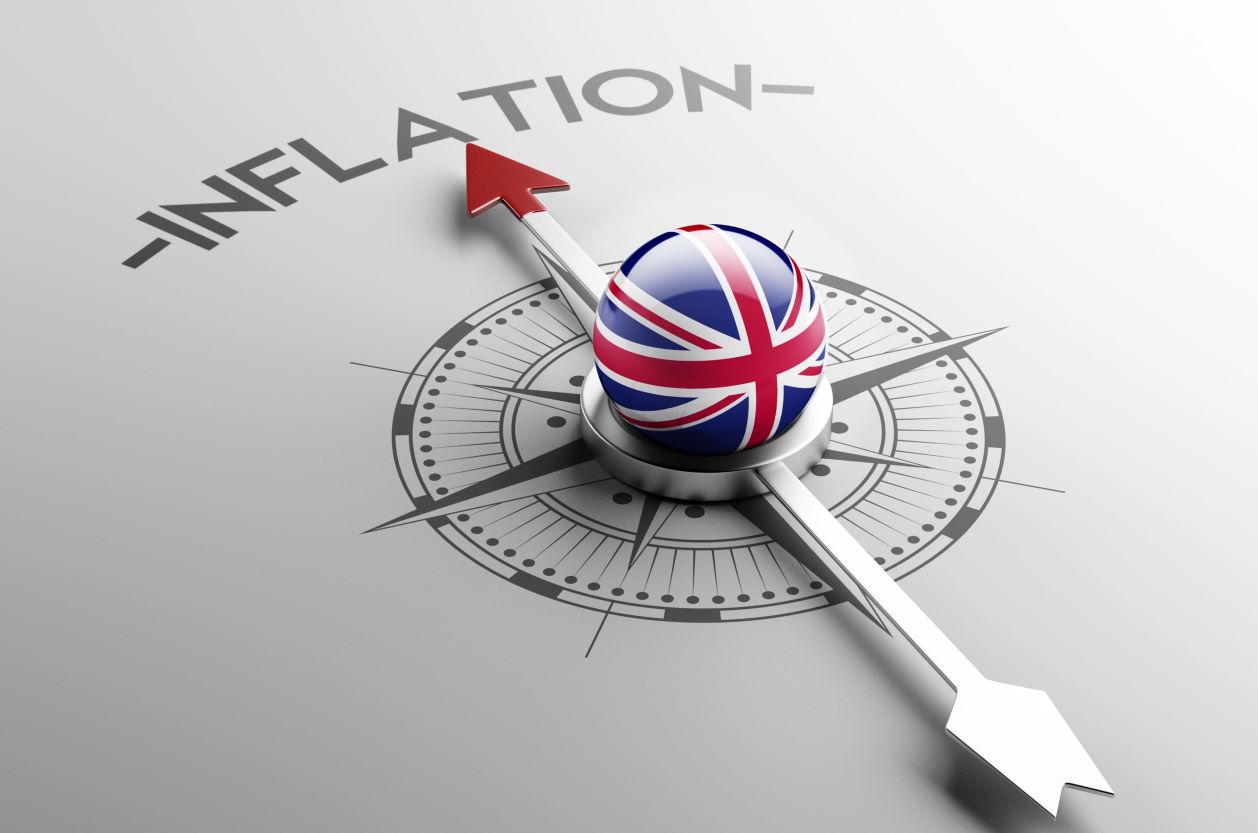Elevated Wage Growth Set to Boost Pensions by 8.5 per cent
 Pub. Date
Pub. Date
12 September, 2023
 Pub. Type
Pub. Type
Main points
- The latest ONS estimates suggest that the annual growth rate of average weekly earnings, including bonuses, was 8.5 per cent in the three months to July, while pay growth excluding bonuses was 7.8 per cent – representing the highest annual regular pay growth rate recorded since comparable records began in 2001. Our forecast for the third quarter of this year sees economy-wide regular pay growing at 7.5 per cent and total pay growth at 7.2 per cent.
- Private sector regular pay grew by 8.1 per cent in the three months to July– representing one of the largest growth rates seen outside of the pandemic period - while regular pay in the public sector grew by 6.6 per cent. Our forecast sees these figures at 7.5 per cent and 7.2 per cent, respectively, in the third quarter of 2023.
- Given today’s data on the growth rate of economy-wide total average earnings, the state pension is set to rise by 8.5 per cent in Spring due to the pensions triple lock. The required increase in government spending to fund this commitment may well squeeze the narrow margins the Chancellor left himself for meeting his fiscal targets.
- Services sector total AWE annual growth has been on an increasing path since the initial pandemic-related plummet, currently at 8.8 per cent in the second quarter of 2023. Since pay in the services sector makes up most of the input costs in this sector, it is the main driver of services inflation. Elevated wage growth in this sector will concern monetary policymakers, who may take this as a sign that services inflation will continue to generate persistence in underlying inflation in the United Kingdom, despite monetary tightening.
“Today’s labour market numbers indicate once again that, despite increasing unemployment and falling vacancies, wage growth remains elevated. Continued high wage growth poses challenges to both monetary and fiscal policymakers. On the one hand, the MPC will need to consider the extent to which this elevated wage growth may continue to generate persistence in inflationary pressures at its meeting next week; on the other hand, today’s data will likely determine another elevated figure for the pensions triple lock, possibly squeezing the tight margin the Chancellor left himself for meeting his fiscal targets.”
Paula Bejarano Carbo
Associate Economist, NIESR
See our previous tracker to follow the analysis.

